The lost art of emotional healing
Published on October 5, 2025
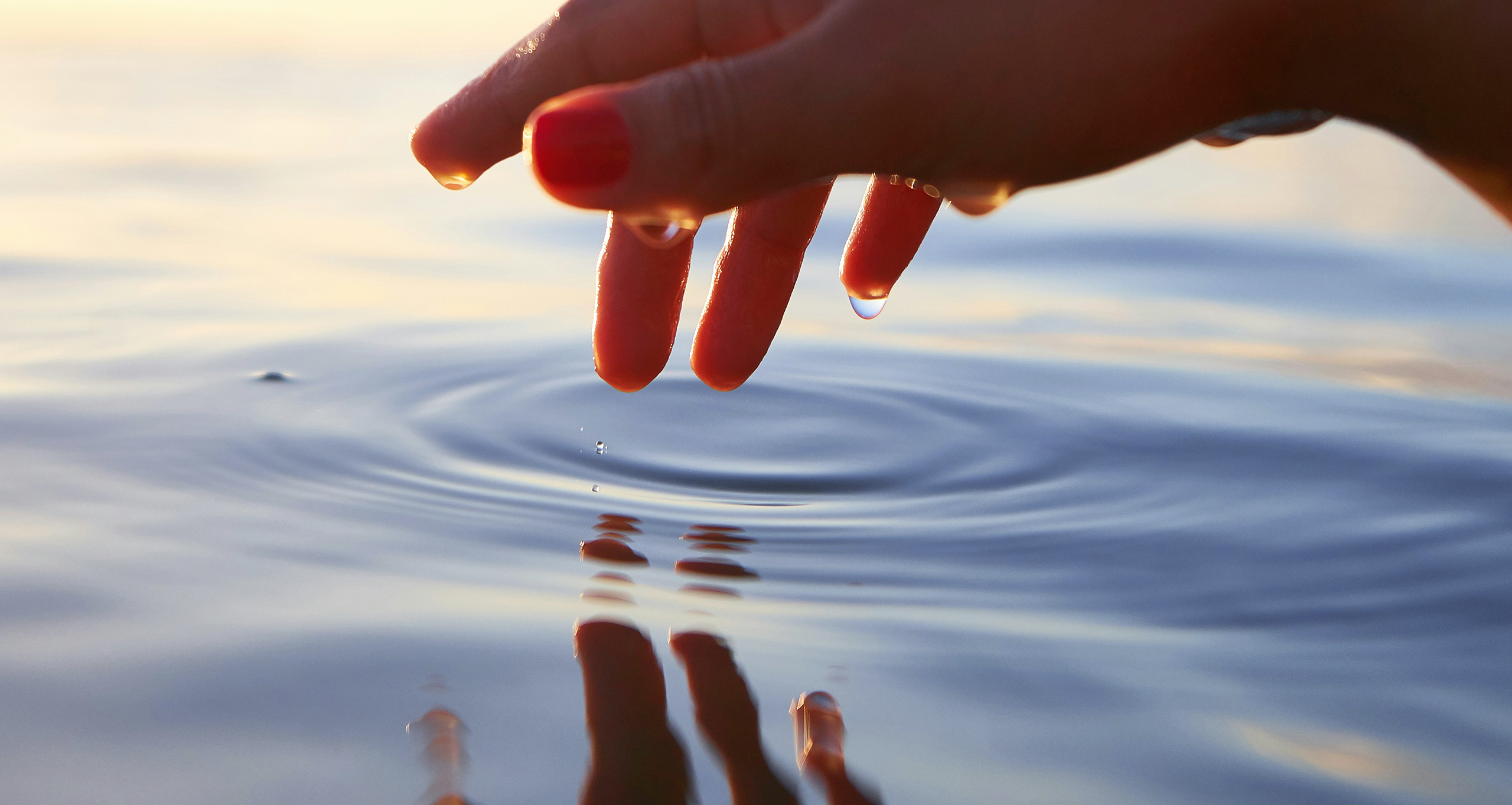
The art of emotional healing sounds a bit vague. These days, the moment you admit something’s wrong, the world rushes in with a prescription. We’ve normalized solving almost every discomfort with pharmaceuticals. While often helpful—and at times, essential—this over-reliance has made us forget other forms of healing, especially when it comes to our emotional lives.
We’ve become a culture so afraid of emotional discomfort that we’ve forgotten how to feel—let alone how to heal. In our desperation to “fix” sadness, we’ve begun pathologizing the most human parts of being alive. But what if not every dip in mood or wave of emotion is a disorder? What if your grief, your boredom, your longing… isn’t something to numb, but a whisper from within, calling out for something deeper?
This isn’t a case against medication, but a call to rediscover emotional healing—the kind we used to know before everything became a diagnosis.
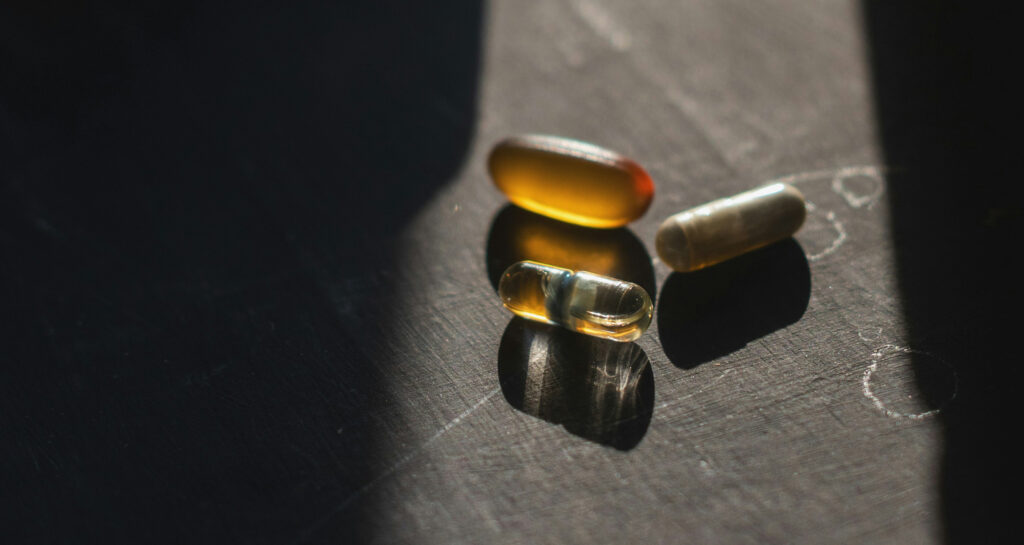
When did feeling become a medical emergency?
We live in a world that idolizes productivity, glamorizes independence, and fears stillness. Add to that our chronically online lifestyles—where oversharing is rewarded, and comparison is constant—and it’s no surprise our mental health suffers. In such a world, there’s little space for emotional complexity.
You’re expected to be “fine.” All the time. If you’re not? Pop a capsule. Get back to work. Keep the party going. On one hand, we acknowledge the seriousness of depression. On the other, we often ignore the ache it points to—choosing instead to shift brain chemistry just enough to return to the very habits that may have caused the pain.
Of course, depression is real, and for many, medication is necessary—life-saving even. But not every sadness is clinical. Not every ache is a chemical imbalance. Sometimes it’s the natural result of a lifestyle that fails to nourish us. We’ve replaced the habits and hobbies that once sustained our emotional health with pills, and in doing so, we’ve lost our way.
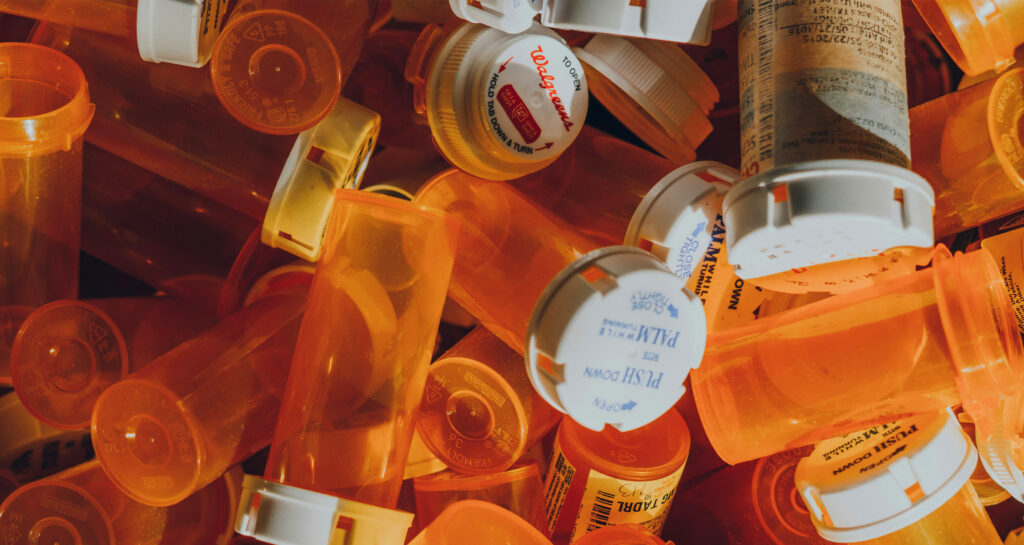
We’ve outsourced our healing
Modern life is deeply misaligned with emotional wellness. We live in concrete jungles, scroll past beauty, and spend more time talking to screens than people. The result? We feel disconnected, off-balance, even empty.
This isn’t everyone, and it’s not all the time, but the trend is growing. And the rising dependence on pharmaceuticals to “fix” what’s missing is concerning.
Instead of facing loneliness, chaos, and the absence of purpose, we outsource our healing to pharmaceutical companies. We label our symptoms “disorders” and treat them with drugs designed to silence the signals.
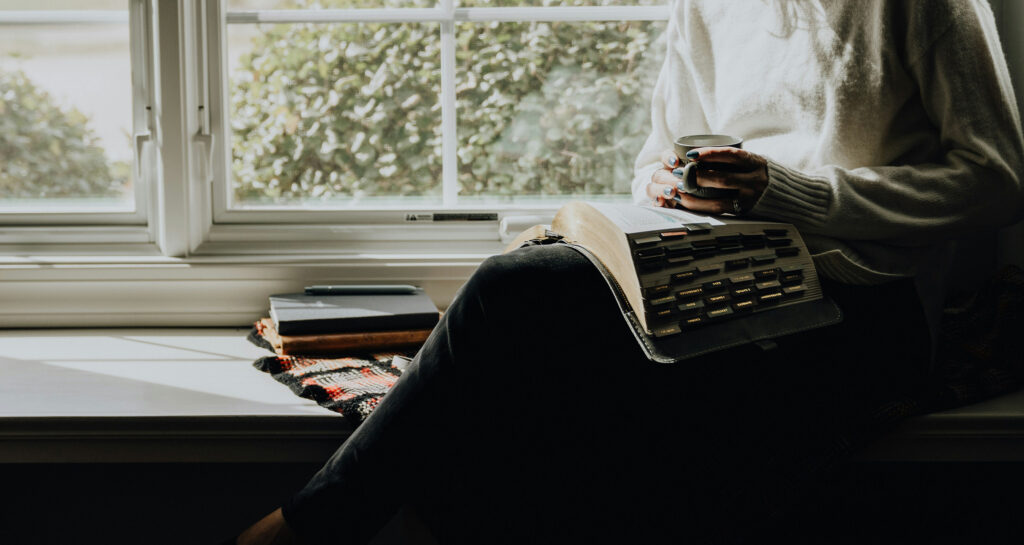
Before medicine, we had rituals
Long before antidepressants, we had rituals. We baked bread, painted, wrote long letters—to God, to ourselves, to the people we love. We found comfort in long walks, in art, in trusted friends. We knew the soul can’t be “fixed”—only noted and cared for.
Women gathered to craft, share stories, and light candles. Men found rhythm in building, gardening, and devotion. Communities sat together through death, winter, and uncertainty. There was no expectation of a quick fix, just the steady assurance that healing was possible.
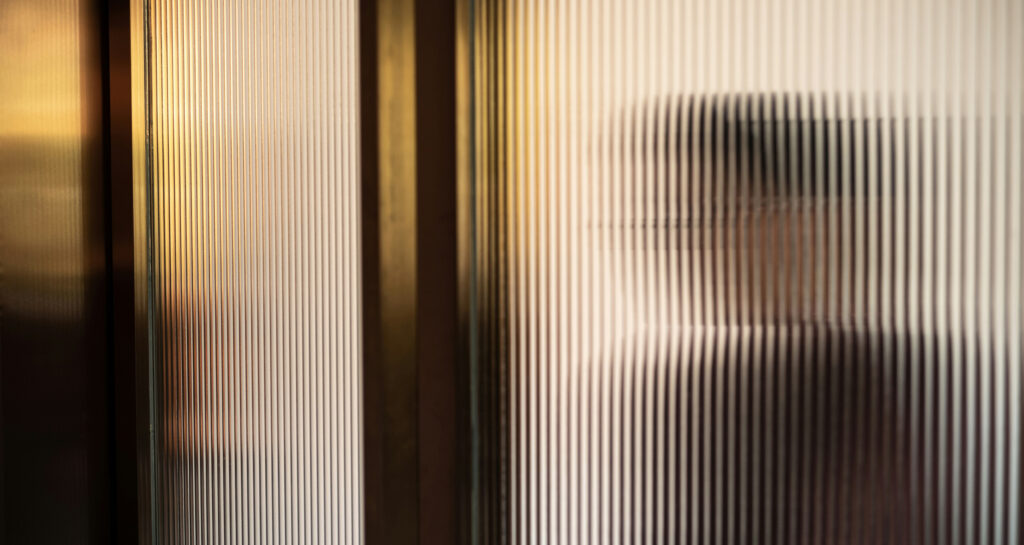
We’ve pathologized being human
Today, we’re quick to medicate what our ancestors would have honored:
- Grief isn’t depression—it’s love with nowhere to go.
- Boredom isn’t a crisis—it’s a doorway to creativity.
- Loneliness isn’t failure—it’s a sign we’re made for connection.
- Restlessness isn’t a flaw—it’s your soul asking for rhythm and meaning.
- Heartbreak isn’t a disorder—it’s the noble risk of loving.
These aren’t diseases to “fix” but invitations to grow in empathy, virtue, and understanding. This isn’t a plea to “suck it up,” but an encouragement to face life’s challenges with the humility and surrender that make us human.
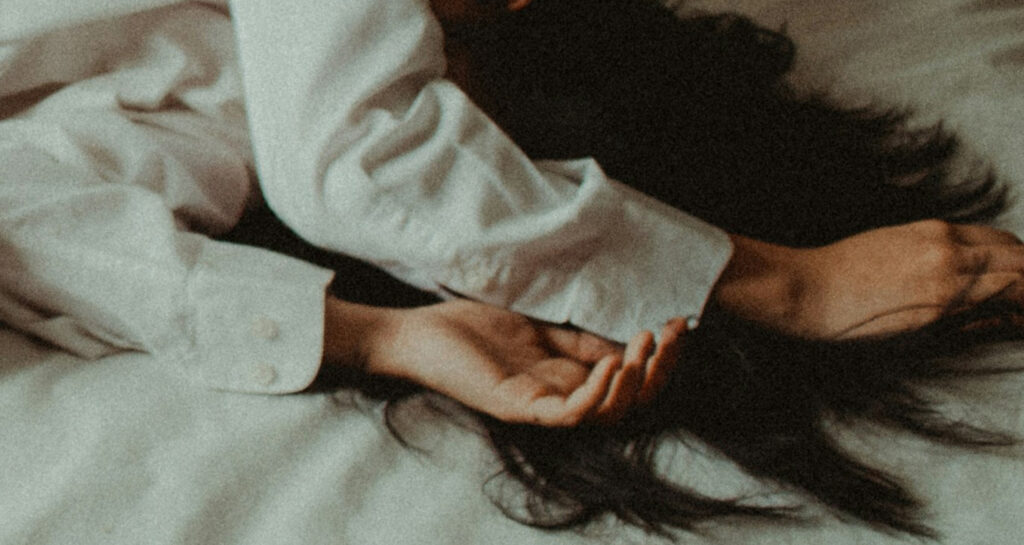
A personal story: Resilience over medication
A few years ago, I faced the worst betrayal of my life. It was so devastating, it triggered a genetic condition that landed me in the hospital with a heart failure risk. Desperate, I emailed my long-time therapist, a PhD I deeply respected, and asked for medication.
He booked me promptly and said no. I was furious. I told him I knew I’d be okay long-term, but the immediate heartbreak was unbearable. He stood firm: Resilience would serve me better than pills.
Looking back, I’m grateful. My friends rallied around me. They listened, loved, and stayed close. The pain was still real, but it was bearable. And it passed.
I often wonder: would meds have dulled the momentary pain but prolonged the deeper suffering? Would I have missed the meaning and love that carried me through? Medication can numb—but it doesn’t always heal. And when it’s time to stop, withdrawal often brings the pain back, sometimes worse.
Again: I’m not saying never take medication. I’m saying—don’t be so quick to reach for it.
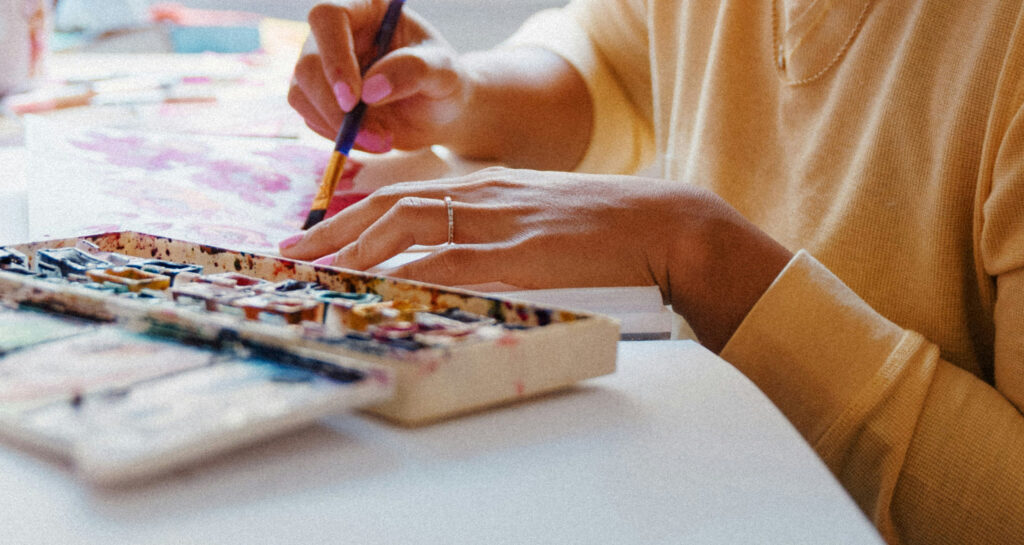
Healing begins with how we live
This isn’t an anti-medication tirade. It’s a reminder that healing often begins in places we’ve forgotten: your kitchen, your journal, your garden, your chapel, your grandmother’s lap.
Here are some healing practices worth reclaiming:
1. Creativity as medicine
Knitting, painting, cooking, building—these anchor the mind and give form to the soul. Creation redirects us from “What do I feel?” to “What can I make of it?” A college professor once told us to keep a hobby that gets your hands dirty—Queen Elizabeth II, he reminded us, fixed Jeeps during the war and cared for horses well into her 90s.
2. Prayer and silence
Not all silence is empty. Not all pain needs to be silenced. Sit in the ache. In our overstimulated world, silence is a luxury—embrace it. Whether it’s quiet before bed, a walk without noise, or time in a chapel, let silence become a healing habit.
3. Community without performance
Healing doesn’t always come from advice. Sometimes it’s just a friend who listens. Find people who love you even when you’re not “on.” Friends who stick around even when you’re not fun.
4. Nature and rhythm
Step outside. Touch the earth. Let the seasons teach you. Play a simple game. Walk without your phone. Try to guess the temperature—check your guess. Simple, grounding, meditative.
5. The beauty of being needed
Healing rarely happens alone. Let people need you—and let yourself need them. Mutual dependence is restorative. Don’t let overprotective boundaries become cages.
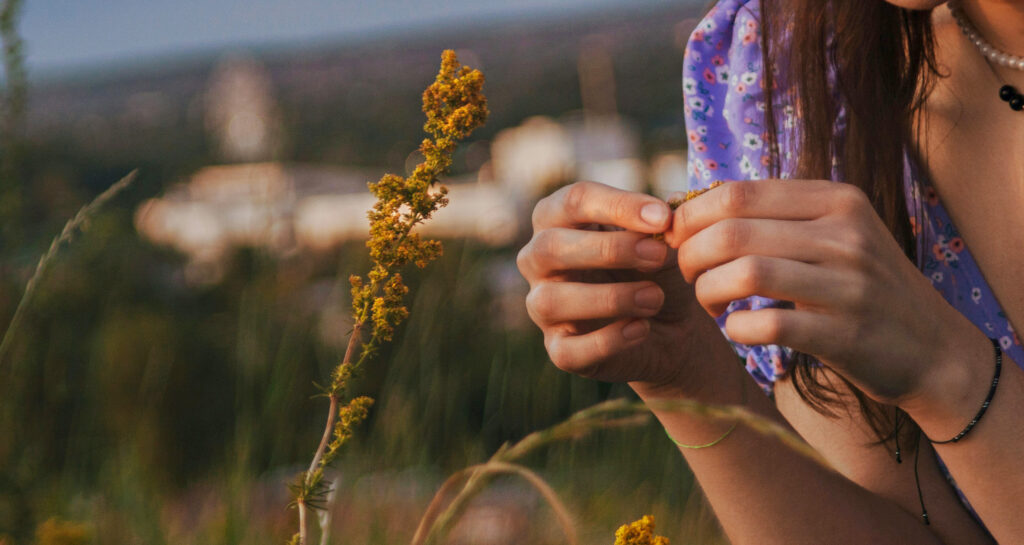
Final thoughts: Let’s feel again
We haven’t lost the art of emotional healing because we don’t care, but because we’ve been told caring must be clinical.
Last summer, I visited one of Europe’s oldest pharmacies, run by Franciscans. Everything there was free, given by need. It reminded me of my therapist, of real care. Turning healing into an industry has changed how we heal.
We prefer our healing neat and fast. But pain isn’t pretty. We don’t need to romanticize suffering, but we do need to redeem it. Healing isn’t always fast. It isn’t always pharmaceutical. Sometimes it’s homemade.
So if you’re feeling low today—not dangerously, just off—try this:
- Make something.
- Call someone.
- Light a candle.
- Take a walk without your phone.
- Pray without needing answers.
- Sit with your sadness—and don’t rush it.
Maybe what you’re feeling isn’t a disorder to numb. Maybe it’s your soul asking to be tended.
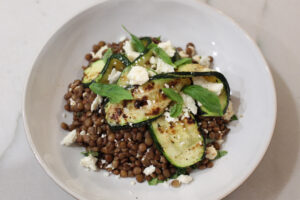
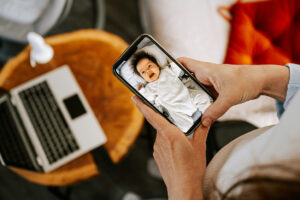
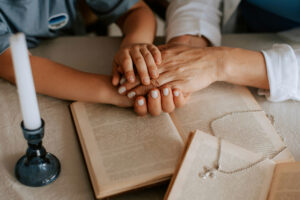
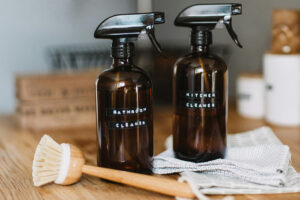
This article is so needed in our world today. There are no articles like this. More people need to write about the natural abilities we have to heal ourselves. Pharmaceuticals have all but destroyed that. Thank you so much for bringing this subject to light.
Well said, Jean! Thank you Johanna. Alcohol and constant screen use also numb our pain or boredom. Before ya know it, they become unhealthy and addictive habits. I love your healing ideas. However it first starts with turning cell phones off and limiting liquor consumption, so that we can nurture mentally healthy habits.
An excellent article, as it acknowledges the need for pharmaceuticals in some instances, but recognizes that healing can come naturally. It also gives concrete suggestions for natural healing. I am going to share it with many people as well as use it myself. Thank you!
Excellent article spot on about an over medicated society
Best article I’ve read in a long time! Thank you so much for writing and sharing. Personally needed this article. Thank you again!
This was such a beautiful reflection, Johanna, thank you so much for your vulnerability and for sharing a topic that often gets glossed over. I love the list in the middle of the article, going over how certain pain points us to deeper and beautiful realities.
Years ago, I took an antidepressant for a time while I was struggling postpartum. It leveled me out, which was helpful at that time so that I could care for my other children, but it did not fix what was wrong with my ways of relating to others and my thought patterns around fear, uncertainty, and discomfort. Addressing those things has taken much longer and has been very slow, but it has made a bigger difference in my ability to engage with the present moment.
This is such a beautiful article – I agree wholeheartedly with this message of learning again to be emotionally in tune. Thank you so much!!!
This is so incredibly important for our culture. As we teach our clients in Freedom Coaching, when uncomfortable emotions come up, don’t run/stuff/hide/ignore/medicate, but step into the pain, open it up to Jesus, and let Him love you in that space. It is an opportunity to really come in contact with yourself and the One Who knows you best.